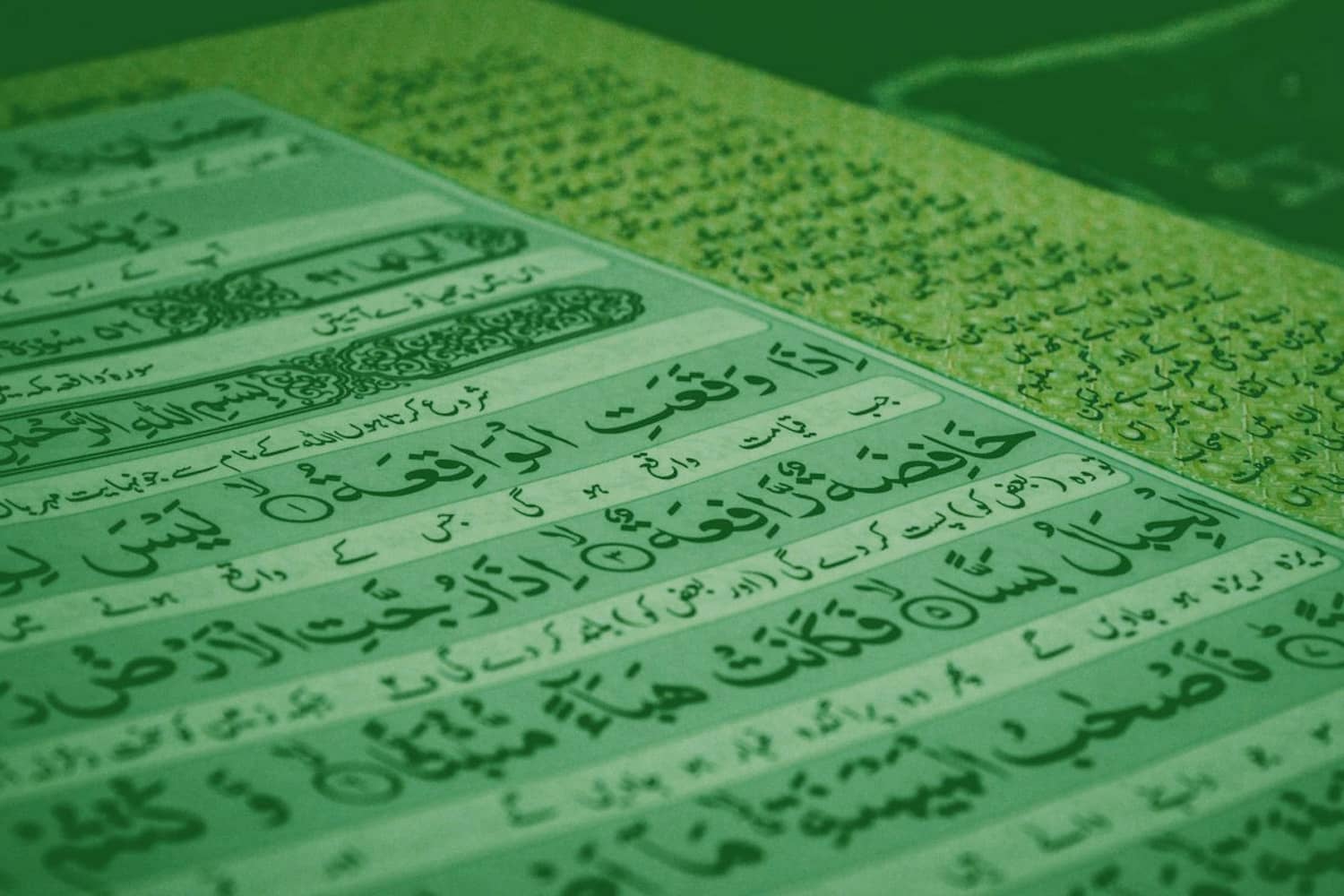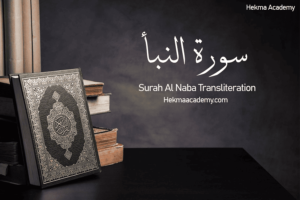The 10 Qiraat of Quran, a compilation of various authentic recitations of the Quran, have played a profound role in shaping Islamic scholarship throughout history. From the early development of Quranic sciences to contemporary interpretations and understandings, the 10 Qiraat of Quran have left a lasting impact on Islamic scholarship in multiple ways.
Preservation of Quranic Variants in 10 Qiraat of Quran
One of the most significant contributions of 10 Qiraat of Quran to Islamic scholarship is the preservation of different Quranic variants. Each Qira’a represents a unique recitation transmitted through authentic chains of narration, preserving diverse linguistic nuances and interpretations of the Quranic text. This preservation has been instrumental in safeguarding the integrity of the Quranic message and ensuring its accurate transmission over generations.
Linguistic and Phonological Studies
The study of 10 Qiraat of Quran has been instrumental in advancing linguistic and phonological studies within Islamic scholarship. Scholars have meticulously analyzed variations in pronunciation, grammar, and syntax across different Qiraat, shedding light on the rich linguistic heritage of the Arabic language and deepening our understanding of Quranic eloquence.
Interpretation and Exegesis
The existence of multiple recitations within 10 Qiraat of Quran has spurred diverse interpretations and exegeses of the Quranic text. Scholars have drawn upon the variations in recitation to derive nuanced meanings and insights, enriching the field of Quranic commentary and fostering intellectual engagement with the text. This diversity of interpretations has contributed to the dynamic nature of Islamic scholarship, allowing for ongoing dialogue and exploration of Quranic teachings.
Pedagogy and Education
The study of 10 Qiraat has influenced pedagogical approaches to Quranic education and memorization. Teachers often incorporate recitation from different Qiraat into their curriculum, exposing students to various styles and facilitating a deeper appreciation for the linguistic and rhythmic aspects of the Quran. This approach not only enhances memorization but also cultivates a profound spiritual connection to the Quranic text.
Fostering Unity and Diversity
Despite the differences among 10 Qiraat, their acceptance within Islamic scholarship has fostered a sense of unity and diversity within the Muslim community. The recognition of multiple recitations as equally valid interpretations of the Quranic text has promoted tolerance and respect for differing viewpoints, fostering a spirit of inclusivity and collaboration among scholars and students alike.







